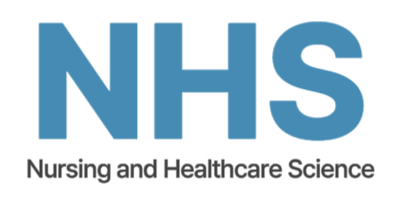Abstract
Purpose: This study aimed to explore the knowledge of hereditary breast cancer (HBC) and attitudes and intention towards genetic testing of the patients with high-risk HBC, and to describe their differences according to the intention of genetic test. Methods: High-risk HBC patients (n = 138) who did not take genetic test or relevant counseling were recruited in D city, Korea. Participants completed questionnaires including demographic characteristics, knowledge of HBC, and attitudes and intention of genetic test. Results: The average score of knowledge on HBC was 9.59±2.32, and the average positive and negative attitude scores were 31.36±4.12 and 24.13±4.78, respectively. The benefit of genetic test rated as most important was “to help my daughters or sisters decide whether to undergo genetic testing” and “to motivate me to perform breast self-examination more frequently”. The most important perceived limitation was “if I were found to carry the gene, my concerns about my female offspring developing breast cancer would increase.” Of the participants, 40.6% indicated willingness to test their genes and 48.6% considered it. Participants with a partner (
